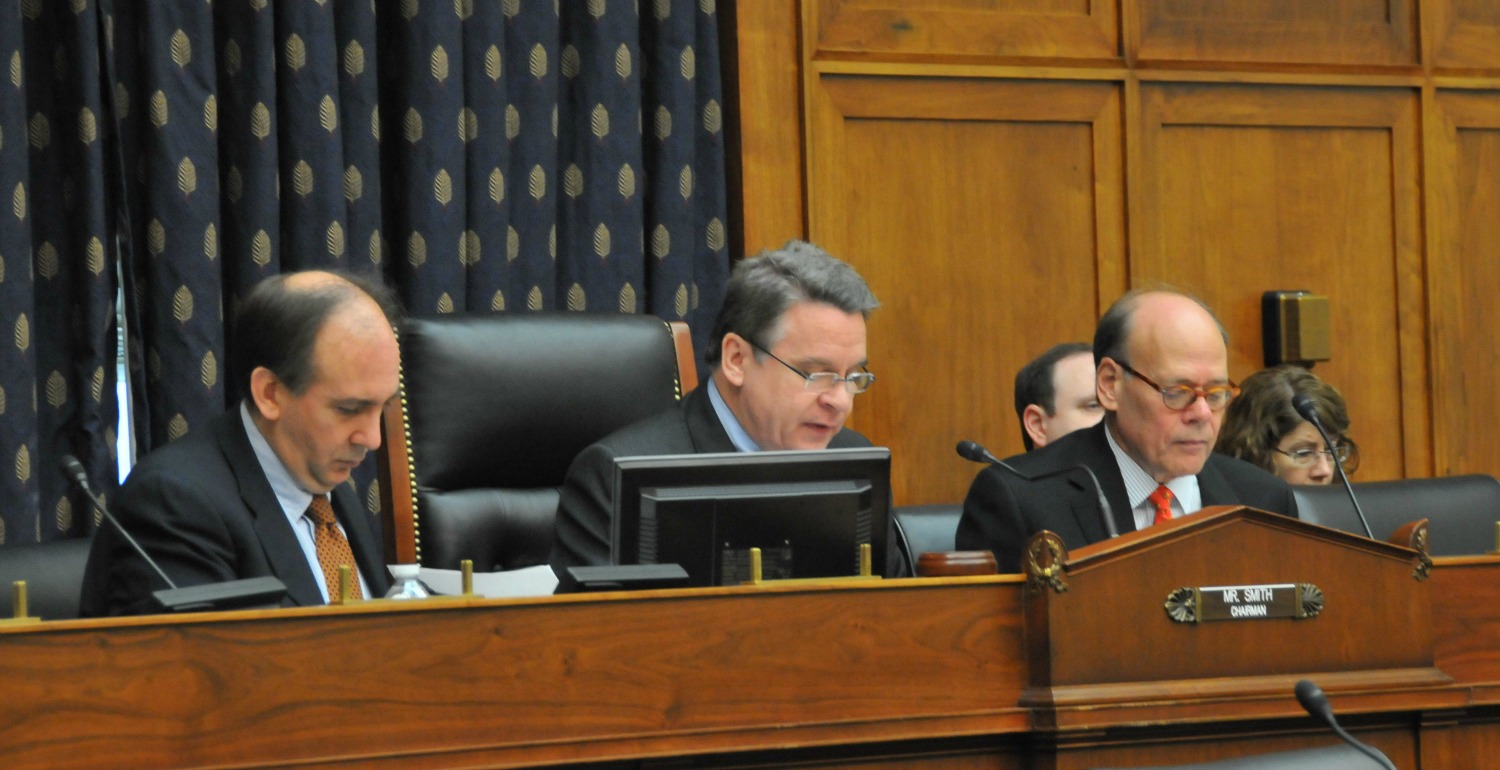By most accounts, and thanks to the work of many courageous nongovernmental organizations (NGOs) the despicable evil of anti-Semitism has decreased in most parts of the OSCE region in recent years – but it still remains at higher levels than in 2000. This is simply unacceptable, and it was the topic discussed in this hearing.
Concerns raised included political transitions in the Arab world and how they might affect Muslim-Jewish relations, including in Europe; the importance of engagement with Muslim communities in Europe; and growing nationalist and extremist movements that target religious and ethnic minorities. Additionally the roles of the OSCE, U.S. government, and Congress in addressing continuing issues of anti-Semitism at home and abroad were discussed.






